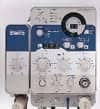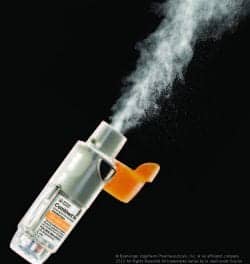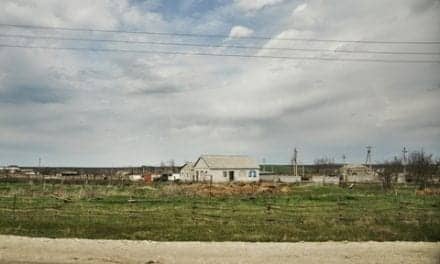Patients with COPD in the hospital for severe eosinophilic exacerbations have shorter lengths of stay but similar mortality rates compared to patients without this exacerbation.
“Eosinophilic severe hospitalized exacerbations of COPD have shortened length of stay but no difference in longer term mortality or re-hospitalization,” Mona Bafadhel, PhD, of the respiratory medicine unit and Nuffield department of clinical medicine at University of Oxford, and colleagues wrote. “These exacerbations are usually not associated with an elevated [C-reactive protein (CRP)], suggesting that better treatment stratifications of antibiotics and corticosteroids during exacerbations can be utilized.”
Bafadhel and colleagues evaluated 243 patients (mean age, 71 years; 117 men) with COPD; of whom 25% met criteria for an eosinophilic exacerbation (peripheral blood eosinophil on admission of ?200 cells/µL and/or ?2% of the total leukocyte count). Researchers then compared admission details, serum CRP, length of stay and subsequent rehospitalization between the exacerbation and nonexacerbation groups.
The inpatient mortality rate was 3% (median time to death, 12 days; range, 9-16). Median absolute eosinophilic count was 100 cells/µL (range, 10-1,500 cells/µL). Patients with eosinophilic exacerbations had a shorter mean length of stay (5 days; range, 1-19) compared with patients without an eosinophilic exacerbation (6.5 days; range, 1-33 days; P = .015) following treatment with oral corticosteroids and independent of treatment before admission. Bafadhel and colleagues noted similar readmission rates among both groups, according to the abstract.










